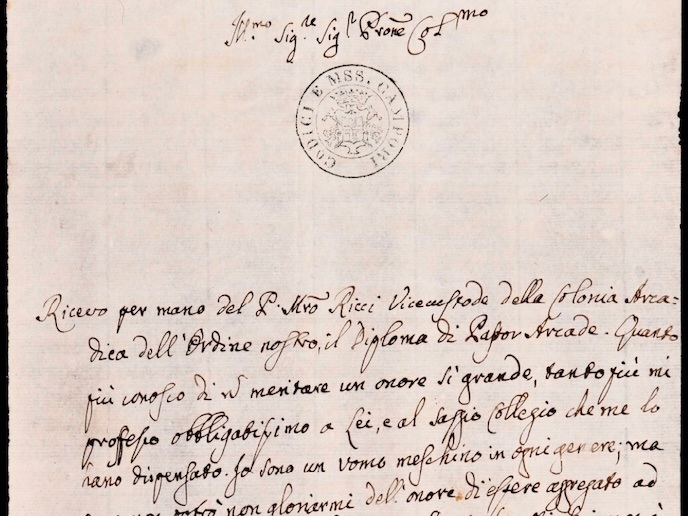Cooperation as vital as competition in pre-modern Europe
The history of pre-modern Europe is conventionally conceived of as wars, dividing the continent into nation states and creating power relationships between neighbours; while ‘civil’ wars decided how states were governed, who benefited and how rights and responsibilities were shared. On examining this conventional telling, Peter Wilson(opens in new window) from Oxford University(opens in new window) notes: “Cooperation was as vital as competition. While governments saw self-sufficiency as enhancing independence, major wars were rarely fought without external assistance.” Wilson coordinated the EU-funded FMSystem(opens in new window) project which found that external resource mobilisation through the ‘fiscal-military system’, was key to the growth of European warfare after about 1530. “While several European powers were acquiring wealth from global trade and colonies, surprisingly warmaking remained Eurocentric into the mid 19th century,” says Wilson.
Resource mobilisation through ‘fiscal-military hubs’
FMSystem, which was supported by the European Research Council(opens in new window), studied six case studies, covering 1530 to 1870, when the exchange of warmaking resources across political jurisdictions became more systematic and extensive, thanks to new long-distance trade and financial transfer methods. A contracts database was created, encompassing over 850 treaties and conventions arranging the temporary employment of foreign soldiers with one power paying another for their services, complemented by around 500 transfer contracts for other resources. The case studies focused on cities which acted as ‘fiscal-military hubs’, or centres for exchanging warmaking resources. Amsterdam’s financial sector enabled France to send subsidies to its ally Sweden using bills of exchange, rather than risk silver transportation. Likewise, Venetian diplomats organised a supply of German soldiers by contacting the princely envoys gathered in Vienna at the emperor’s court. FMSystem also looked at London, Genoa (crucial for transfers across the Mediterranean) and Geneva, (vital for France, Britain and the Dutch Republic business interests). “Resource exchange became more sophisticated and standardised, notably between about 1660 and 1720, as European militaries became institutionalised and foreigners made up a fifth or more of personnel,” adds Wilson. “During the French Revolutionary and Napoleonic era 1792-1815, governments started extracting more blood and treasure from their own populations, including curbing assistance to foreign powers. While foreign military service continued in some parts of Europe after 1815, the practice was increasingly challenged from the 1840s, disappearing by 1870 as warmaking became more nationalised.” With 1.8 million ship passages recorded, the serendipitous digitisation of the Sound Toll data(opens in new window), also allowed the flow of warmaking resources across the Baltic between 1497 and 1857 to be quantified. “While military supplies accounted for a relatively small proportion of shipments, they were often of high value when supply fluctuations could significantly influence a state’s capacity to fight wars,” explains Wilson.
Resonance of war in the pre-modern world to our postmodern age
As noted, a key project finding was the 19th century nationalisation of warfare, accelerated by international cooperation to curb citizens’ involvement in external wars, for example with the 1856 Declaration of Paris ban on privateering. “These findings could inform contemporary debates about how best to respond to the proliferation of private military and security companies in our international ‘postmodern’ order of fragmented sovereignty,” says Wilson. With already over 20 open access publications(opens in new window), the Amsterdam, Baltic, Genoa and Geneva case studies will feature in monographs next year. A book showcasing the project’s findings through 67 objects and images, will also be released next year, with another, in 2027, covering the entire study. The project’s database of 1 350 contracts will also be converted into a publicly accessible digital resource.
Keywords
FMSystem, contract, military, soldier, Napoleonic, state, war, pre-modern







